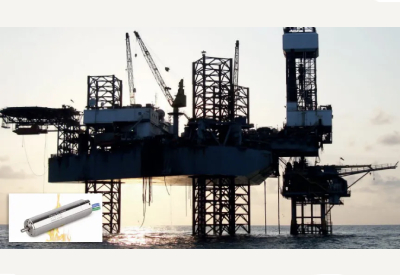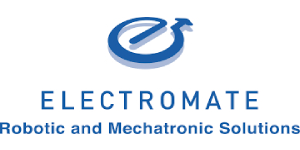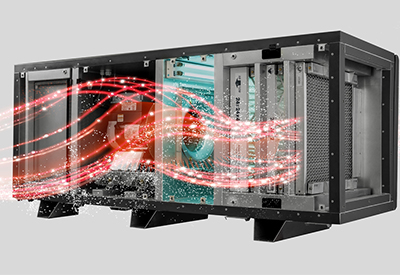Utilizing maxon Heavy Duty Motors for Drilling

May 18, 2022
Having reliable information is crucial for drilling technicians so that they can respond quickly and make corrections when needed.
The term Measurement While Drilling (MWD) refers to the use of measurement modules behind a drill head. How does it work? The control system measures angle, vibration, and drilling speed. The pulser unit sends the collected information back to the surface, across thousands of meters, through pulses in the drill mud ( called Mud Pulse Telemetry or MPT). These pulses are generated by an actuator system driven by maxon’s Heavy Duty assembly.
maxon Heavy Duty Drives are perfect for these types of extreme applications. They can withstand operating temperatures ranging from -55 to 200°C, and high shock loads and vibrations (1000 g / 25 grms). Their robust design with laser welded connections adds to their high reliability. They also have a high performance/volume ratio with a compact, low mass design.
Other maxon Heavy Duty Drive features include:
- •Low Energy Consumption
- •High Efficiency
- •Excellent Control Properties
- •Linear Motor Characteristics
- •Operation in Air or in Hydraulic Oil
- •Low Magnetic Interference
maxon motor Heavy Duty Drives go through a number of rigorous tests prior to being used in the field.
These tests include:
- •Internal Full Load: the motors are tested in hydraulic oil, at extreme temperatures, under full load during continuous operation
- •Vibration and Thermal Stress Test: drives are put into a climate-controlled cabinet and subjected to simulated high vibration
- •Shock Test: drives undergo simulated shock loads of more than 1000 g and must remain fully functional following the test.
maxon motor is a worldwide manufacturer of brushed and brushless DC motors, modular systems, and control electronics. They are a leading provider of high-precision drives and systems used in a variety of industries, such as aerospace, oil & gas, and energy. For more information regarding maxon and their heavy duty drives, read the full article here or contact Electromate today!






